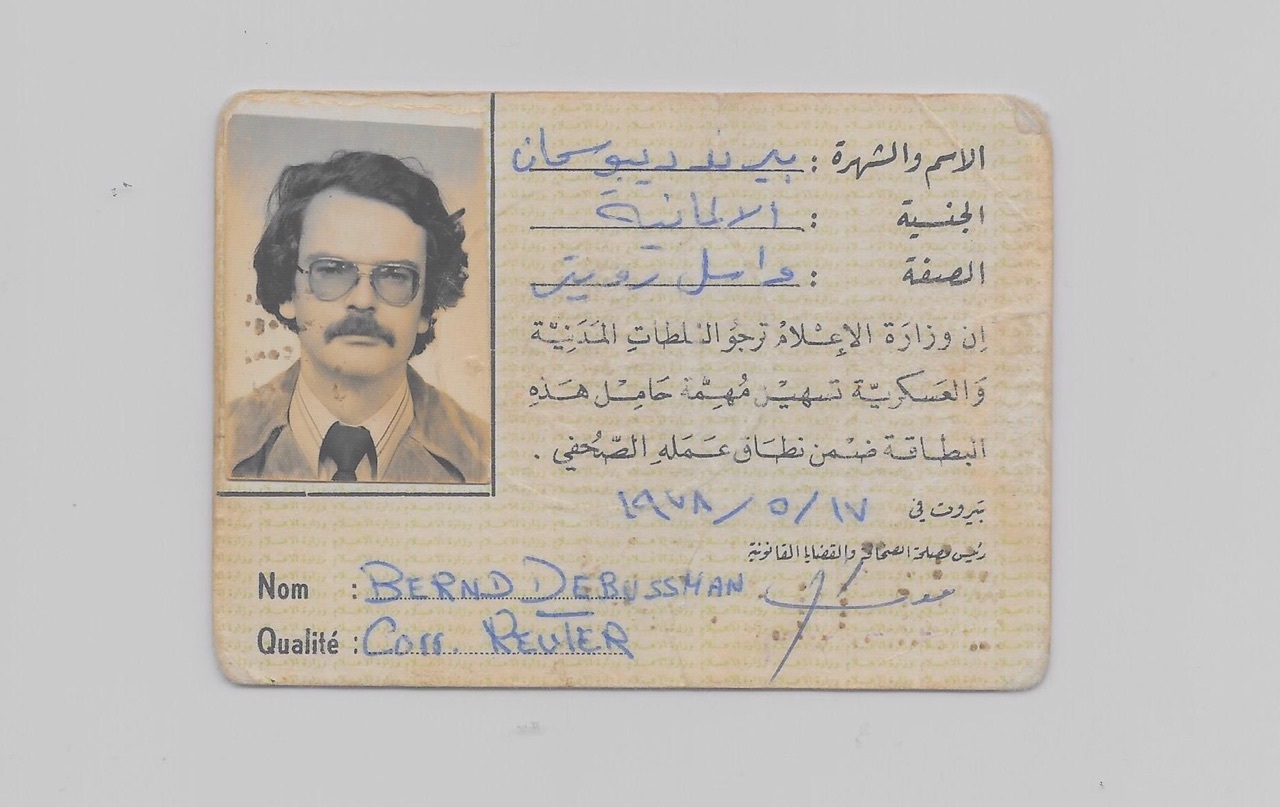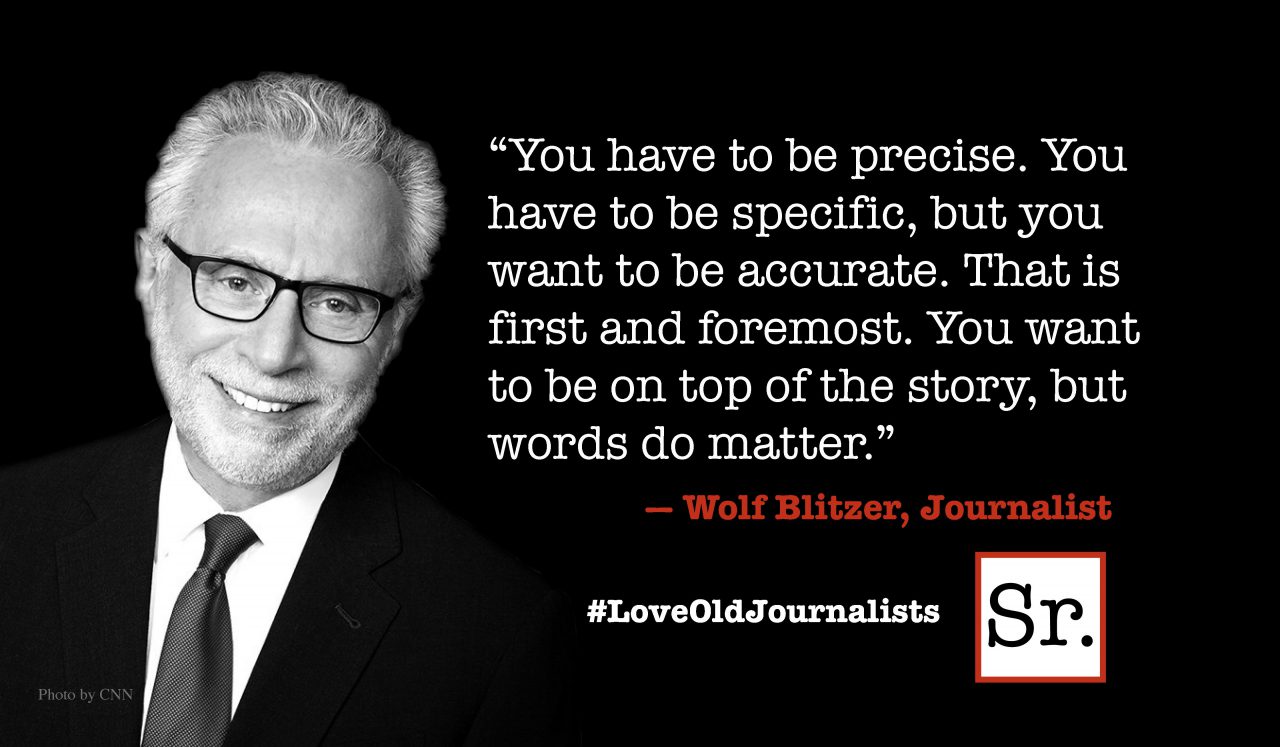When warnings fail to intimidate journalists, dictatorial governments often resort to the most effective form of censorship of all — murder. This is a lesson I learned in Beirut, where I was based as chief Middle East correspondent of Reuters during the first five years of Lebanon’s 1975-1990 civil war. From Beirut, I frequently travelled to Syria to report on the government’s periodic crackdowns on dissidents and members of the Muslim Brotherhood.
My stories usually displeased Syrian officials simply for mentioning that virtually all key posts were held by members of the Alawite sect, an offshoot of Shia Islam. Alawites then accounted for around 12 percent of the population, and the Sunni majority resented (and still do) what amounted to minority rule. Displeasure turned to anger after stories from the port of Latakia and the central city of Hama on riots and anti-government sentiment.
The warnings started soon after, including a chilling late-night call informing me that my coverage of Syrian affairs so offended the “righteous masses” that their anger was becoming uncontrollable. Even more ominous was a visit to Reuters Beirut bureau, while I was away in Cyprus, by an editor of the Syrian state news agency SANA and two men who failed to introduce themselves. They asked for a photograph of me for their files in case they ever ran a story on me. Cause for concern: SANA did not have a picture service, nor were they in the habit of running profiles of foreign correspondents.
I shrugged off suggestions that it would be prudent to leave Lebanon. A great listening post for the Middle East, Beirut was a dream assignment for me. It was cut short on June 6, 1980, when I left a party attended by most of the press corps and a sprinkling of diplomats — an attentive audience for the lesson that followed.
What happened next remains etched in my memory. Getting into my car and bending down to insert the ignition key, a white car slowly drew level. The long barrel of a silenced pistol came up on the passenger side. Then, a soft pop, followed by two more, and a feeling as if a fist had hit me in the back. When I regained consciousness at the American University hospital, doctors debated whether they should extract a bullet lodged close to the spine. They left it in. I still carry it, a durable memento of censorship by bullet.
Bernd reports on the current (as of October 2016) conflict in Syria. Check out "Carnage in Syria: From Bad to Worse."









